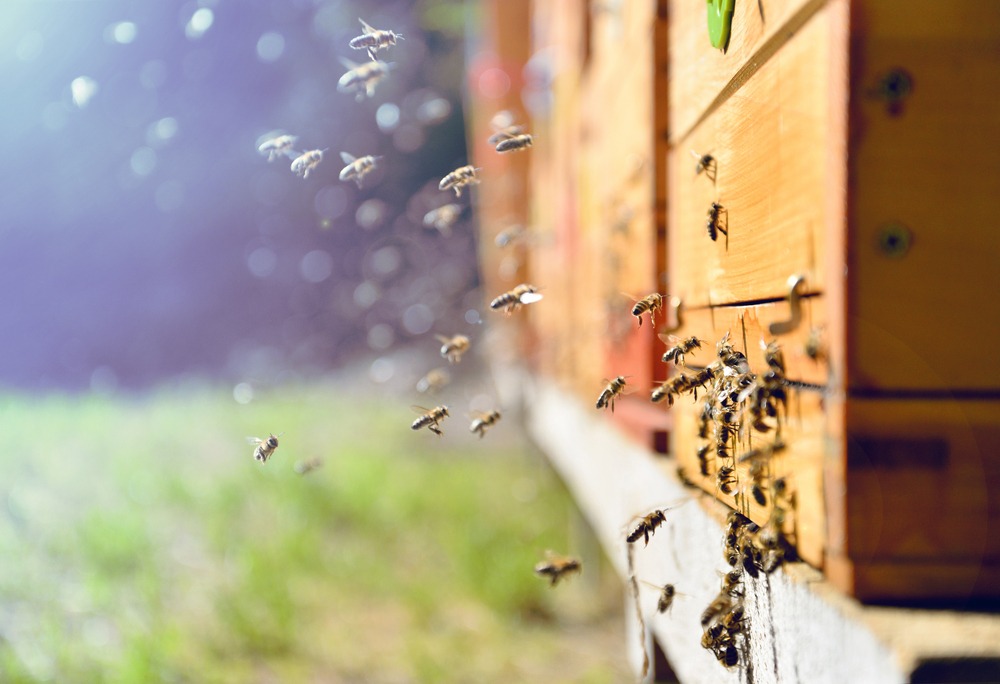Computer technology giant Oracle has partnered with the World Bee Project in the UK to monitor honey bee populations using its cloud technology platform.
Starting in the UK, the initiative, dubbed The World Bee Project Hive Network, will use sensing technology to measure conditions in beehives to try and determine the reason for the mass decline in honey bee populations globally.
The UK is the worst hit country out of Europe experiencing a 54% decline between 1985 and 2005 and scientists estimate one-third of all honey bee colonies in the US have already vanished. But without a comprehensive global set of data to analyze the rates of decline in different parts of the world, and the various reasons in each region, it’s hard to find a solution, says the partnership.
“I always like projects where data is the key to some of their success,” said John Abel, senior business director of Oracle Engineered Systems where he heads up the innovation team as well.
“One of the challenges we always have with emerging technologies is a meaningful use case so we try to find something pertinent to work on. With World Food Day just past, the role of pollinators like bees is particularly critical because one in three spoons of food is dependent on them.”
The World Bee Project Hive Network will start monitoring beehives using sensing technologies from two UK startups — BuzzBox and Arnia — which will transmit the data they collect into the cloud for analysis.
Oracle Cloud will then present beekeepers with a detailed analysis of the impact of the various environmental factors the sensors measure, including humidity, weather, temperature, as well as the weight of the hive and the sound of the bees that relates to their health. Beekeepers will access this through a software program that’s currently free and will eventually become an app.
This software will aim to predict the impact of certain events on the honeybee population and send alerts to beekeepers of potential threats. This could be the arrival of a predatory hornet in the hive, or a disease outbreak at a nearby hive. Some of these alerts will be based on predictive modeling by machine learning algorithms based on historical events.
“For machine learning to work, you need mass volumes of data, and with the UK government’s open data policy we can blend other local data on top of the beehive data such as road network data, mapping data and so on,” said Abel. This will help build an understanding and predictability about which hives will perform best and why, creating guidelines for new beekeepers too, he added.
The World Bee Project will onboard beekeepers from its network but Abel also sees some corporations getting involved as part of their corporate social responsibility initiatives, as well as inner cities looking to build beehives in green spaces.
“We will be able to provide information about what plants are best for pollinators and what pollinators are best for certain plants to help create more sustainable ecosystems,” he said.
At the moment this is not a commercial endeavor for Oracle and is a way for the company to showcase its Cloud technology platform, which the company’s founder Larry Ellison is putting particular focus on for the future of the company.
After the UK pilot project, The World Bee Project Hive Network aims to expand to other countries globally and will be looking for other beehive monitoring technologies to connect into the network’s open framework.
Other startups working on digitizing beekeeping globally include ApisTech, Bee Smart Technologies, 3Bee, and BeeFlow.
[youtube https://www.youtube.com/watch?v=L4CFpXhdE1Y]





